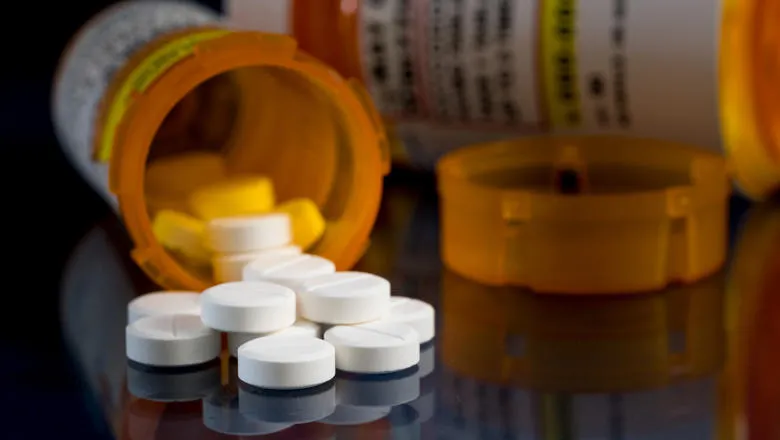Nearly half of drug-caused deaths by healthcare workers involved drugs that were obtained from their place of work, new research finds.

The study, published today in Addiction by academics from the School of Cancer & Pharmaceutical Sciences, found that doctors, nurses and other healthcare professionals are dying from overdoses of drugs they may have stolen from the workplace, or obtained legally but used in risky ways with fatal consequences.
Lead author Dr Caroline Copeland, Director of the National Programme on Substance Use Mortality, said: "This report is the first to analyse the deaths of those working or studying in a healthcare setting who died via substance use. It makes for distressing reading and is a reminder that we need to do better to look after the people who care for us."
The researchers analysed 58 coroners reports from England, Wales and Northern Ireland, submitted to the National Programme on Substance Use Mortality at King's College London between 2000-2022. The individuals had either been employed at a hospital, GP practice, pharmacy or were studying to become a healthcare professional at the time of death. All had access to controlled drugs.
Anaesthetists were featured most in the study, followed by GPs, surgeons, and psychiatrists. The higher proportion of anaesthetists may be because anaesthetists work closely with these potentially lethal drugs, the authors say.
Opioids were the type of drug most frequently involved in causing death (43% of cases) followed by benzodiazepines (24%), which are used for treating anxiety and other mental health conditions.
Drugs rarely found to cause death in non-healthcare professionals were heavily featured in these deaths, including drugs usually for anaesthesia or sedation like propofol (29%), short-acting benzodiazepine midazolam (10%) and neuromuscular blocking agents (9%). There were only three cases where illegal drugs, such as cocaine, were in the person's system at the time of death.
Most of the accidental deaths occurred in men (88%) and suicides were more prevalent in men (63%). Two thirds of people died in their own homes or hospital accommodation, and when people died in hospital (17%), 70% died in a hospital toilet cubicle.
The authors found 69% of the deceased had at least one mental health condition where the past medical history was provided, with depression being the most common condition.
In 64% of cases, recent life events could have negatively impacted mental health, including moving overseas, splitting up with a partner, exam stress and bereavement. In three cases the healthcare worker died by suicide after being informed that they were subject to a professional misconduct or criminal investigation.
In 14% of cases where a past medical history was available, the deceased had been self-medicating to relieve chronic pain.
This study reveals why mental health support for healthcare workers should start at the very beginning of their career and not be a temporary plaster for a gaping wound.
Dr Caroline Copeland
Dr Caroline Copeland said: "This is an urgent problem as the suicide rate among healthcare workers is 24% higher than the national average in the UK. Doctors and nurses work in stressful, high-pressured environments and need bespoke care and support tailored to the specific challenges they face. Having a healthy, well-supported workforce is key to making the NHS fit for the future."






